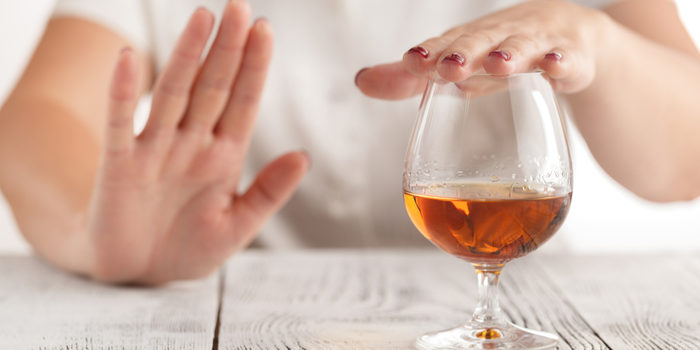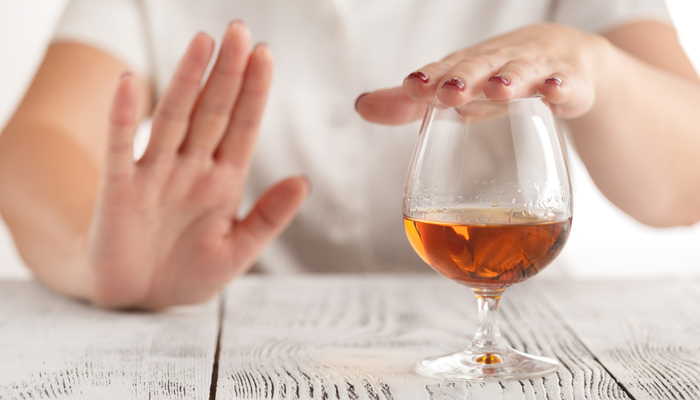


Alcoholism is not a laughing matter. The symptoms can be hard to spot sometimes, whether in yourself or in a loved one, but they are deadly serious. Alcoholism can, and will, affect every aspect of the sufferers life, and can have residual effects that harm their loved ones, too. Today we’ll be looking at some of the biggest red flags that suggest the presence of alcoholism, or alcoholic tendencies.
Remember, of course, that there’s a difference between enjoying a few drinks with friends and abusing alcohol. We’ll be going over these distinctions, as it’s common for sufferers to shrug off their drinking problem as simply “cutting loose” and “having fun.”
Drinking Alone
A person who consistently drinks alone may be suffering from alcoholism. It’s unusual to sit by oneself and drink, whether that’s just a few drinks to “take the edge off” or drinking to intoxication while alone. A strong, consistent desire to consume alcohol, even when there’s no one else around, is an indicator of alcoholism.
This practice has been somewhat normalized by the image of someone just enjoying a single glass of wine or a can of beer. However, these little indulgences can lead to serious problems with alcohol abuse. When you’re alone, just grab a soda, or a water. There’s no need to drink just because you’ve got a free minute.
Blacking Out
Drinking until you’re “blackout drunk” is a very disorienting and unpleasant experience. Being “blackout drunk” means that you’re so inebriated that you will experience anterograde amnesia, forgetting many of the details of the night of drinking. This condition is also referred to as “blacking out,” and is, sadly, a goal for some binge-drinkers.
Such behavior indicates a serious abuse of alcohol. If you or someone you know drinks to the point of blacking out, this is a red flag. Even when drinking socially, this much alcohol consumption is detrimental both to your physical health and your mental health.
Mood Swings, Irritability
Mood swings and irritability, as well as a general feeling of being hungover whenever not drinking, can be symptoms of alcohol dependency. People who abuse alcohol can develop severe physical dependencies on alcohol, and when they’re not drinking they feel feverish, nauseous, irritable and unwell.
If you or someone you know seems to only be in a good mood when drinking, take heed of this red flag. A related symptom is mood swings that appear out of nowhere. One minute, the person seems happy and content, but the next they are inexplicably angry and irritated with their surroundings. This often follows nights of binge drinking and could be a symptom of alcohol dependency.
Missing Responsibilities/Obligations
Let’s not mince words: a person who is missing their obligations in order to drink, or because of being hungover from drinking, is an alcoholic. There are no shades of grey: if you’re calling out of work in order to sleep of a night of binge drinking, you’re suffering from alcoholism and need to seek help.
If someone you love is consistently missing responsibilities and has little or no explanation as to why, they might be shirking their obligations to drink. Such situations can be incredibly awkward, as alcoholics can often become extremely defensive if confronted on their drinking habits.
What to do
Those who are suffering from alcoholism, or their loved ones, can often feel helpless in the face of the condition. However, there is help out there: alcoholism rehabilitation is available for sufferers. There are both in-patient and out-patient facilities, as well as support groups like Alcoholics Anonymous. The first step to confronting alcoholism, of course, is admitting that there is a problem. Only then can the sufferer seek help with their condition and get treatment.










